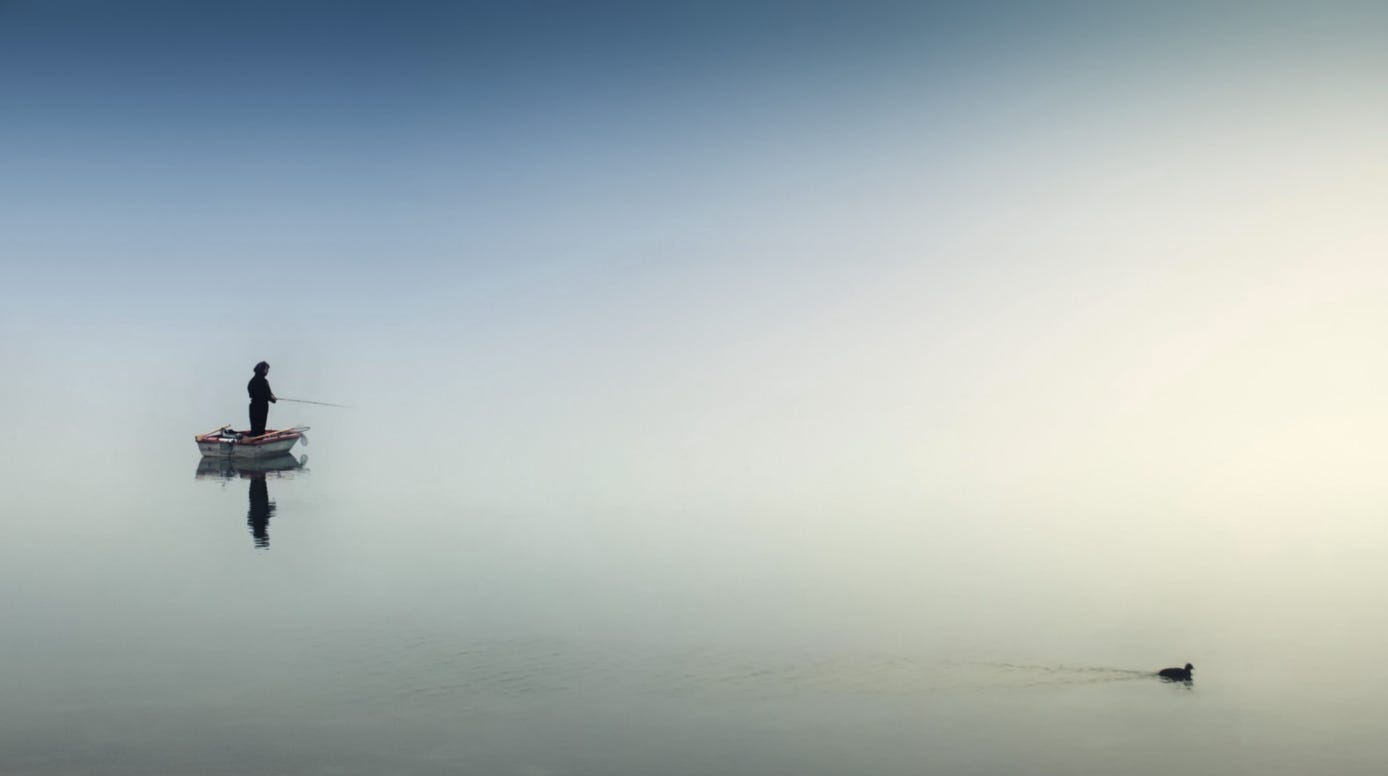
At the end of my time in Southeast Asia, I flew home from Vietnam. I'd been at my parents’ place for a few days when my father and brother suggested that we go to Buffalo Wild Wings to watch some football game they didn't want to miss. Since I hadn't been to BWW in years, I agreed.
What followed was the most overstimulating, stressful experience I'd had in months. I'd gotten used to eating in open-air restaurants in southeast Asia, alone or with a couple of friends (places where you could usually see the ingredients used and watch the food being made in front of you). The only noise you'd hear in these locally-run places would come from the street, someone talking, and maybe one TV playing in the background.
Buffalo Wild Wings is about as far opposite an open-air Thai restaurant as it is possible to be. TVs blast their light and sound at you from every corner of the restaurant. Some TVs are on games, some are on commercials, and some, inevitably, are running whatever program has come on after whatever game was played has farted to a stop.
The food is not made in front of you. It's made “in the back,” ripped out of frozen plastic bags where it has stayed for weeks or months after being driven hundreds of miles from some horrible chicken farm and breaded in a factory. It is then thrown into a vat of hot grease, slapped into a paper basket, and plopped in front of you so you can eat it without appreciating it, as you stare numbly at a wall of 80+ TVs.
It wasn't until I left and returned to the US that I realized how unnatural BWW is. It is the exact opposite of nature.
I pressured my Dad and brother into leaving that day. Why do we go to these places?!
American culture is terrified of silence. There's always music playing in our homes, podcasts, and audiobooks in our ears. We go on our phones while watching TV. We go from homes full of noise to workplaces/restaurants full of noise, with noise playing in our cars on the way there. It never stops. During my time in college, it was common for me to go over to friends’ houses and see that they had a TV “on for background noise” while studying.
It’s common in American culture to blurt out something just to fill “akward” silence in a conversation.
As it turns out, much like other healthy things we don't like doing, silence is good for us. Silence helps us self-reflect and shut down our stress responses. It can lower blood pressure and stress, boost the immune system, and even grow new hippocampal brain cells.
A lack of silence, on the other hand, can be deadly. Constant barrages of noise have been linked to cardiovascular disease, anxiety, inability to sleep, and even strokes.
It's in those quiet moments that we find out who we are. It's the absence of human-made noise that gives us the opportunity to venture deeply into ourselves and return with something useful.
Two minutes of silence per day can relax the body better than listening to Bach, and two hours can start generating new hippocampal brain cells (though two hours is unrealistic for most people, myself included).
I've started working silence into my mornings and my commute. Each morning, I drink my coffee while watching the birds outside, my phone banished to the other room. I make sure that at least ten minutes of my morning drive is done with no music, radio, or podcasts. It's been working wonders for my mental health in the busiest time of my life.
We’ve got to make time for quiet moments.
If you're not lucky enough to have easy access to silence (maybe you live in a city center or a tambourine factory) there's still hope. Invest in a pair of active noise-canceling headphones (I use a pair of Sony’s last-year model that I bought used through Amazon refurbished) set a timer, and spend 10 to 20 minutes a day with the noise canceling on, just sitting there. Not reading, not looking at your phone. After a few minutes, you'll notice a violent desire for noise. Push through, just like you would in meditation. Let the desire pass, then continue to enjoy the quiet. No TV, no music.
Silence. It’s what’s for dinner.
Two fantastic books I read this week:
Round Ireland With a Fridge by Tony Hawks
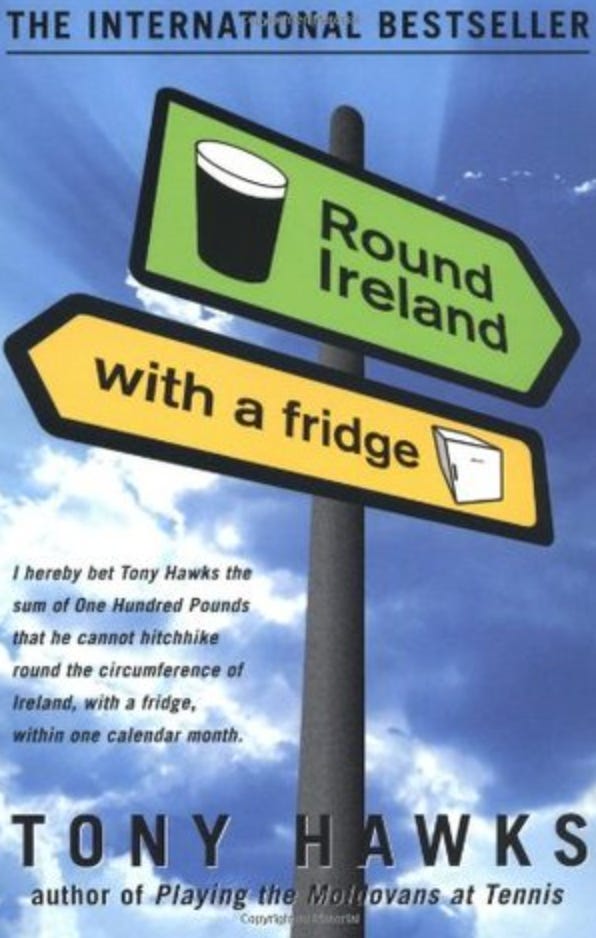
It’s exactly what it sounds like. Tony Hawks is an English comedian who, on a drunken 100-pound bet with a friend, tried to hitchhike the circumference of Ireland with a mini-fridge. It is the funniest book I've ever read! Hawks meets some very bizarre and hospitable people, proving that when you've decided to do something abnormal, heaven and earth conspire to help you.
A great quote from his time in a hostel (speaking of the need for silence):
“I'm against the death penalty. I believe that it is a mistake to show the killing people is wrong, by killing people. However, I'm not against the random killing of people who snore. Okay, I accept that it is Harsh, barbaric and against every decent human value, but the simple fact is that there is no other cure for snoring.”
This is one of those rare books that make you laugh out loud in public, making you feel as crazy as Hawks did standing by the side of the road in the rain, with a fridge, waiting for a ride.
The Year of Magical Thinking by Joan Didion
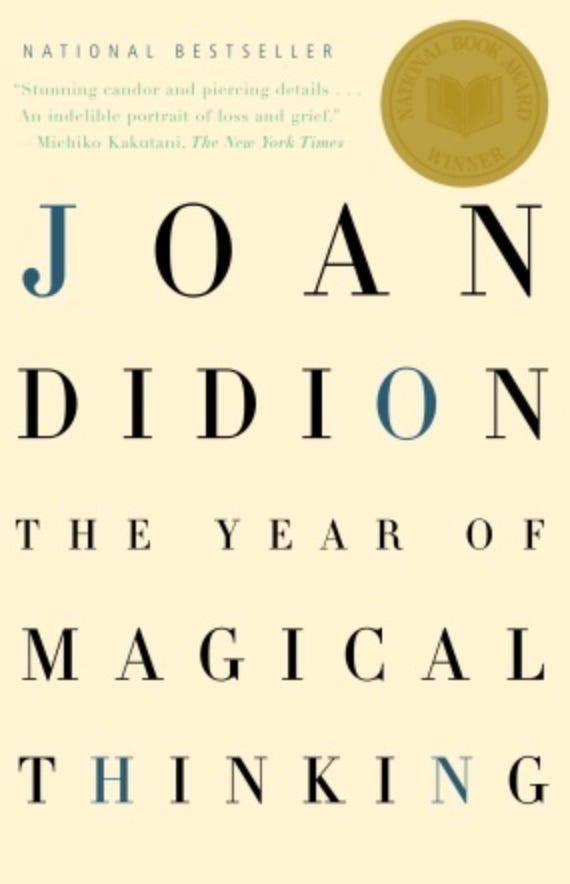
This is the most emotionally raw book I’ve ever read. Several times while reading this I felt like I should close the curtain and give the author privacy.
This book is a deeply intimate look at Joan Didion's unimaginable grief after her husband died quite suddenly while her daughter was hospitalized. We travel through memory after memory from her life while she grapples with big questions, trying desperately to make sense of it all.
“Grief turns out to be a place none of us know until we reach it. We anticipate (we know) that someone close to us could die, but we do not look beyond the few days or weeks that immediately follow such an imagined death. We misconstrue the nature of even those few days or weeks. We might expect if the death is sudden to feel shock. We do not expect this shock to be obliterative, dislocating to both body and mind. We might expect that we will be prostrate, inconsolable, crazy with loss. We do not expect to be literally crazy, cool customers who believe their husband is about to return and need his shoes.”
To be read with a box of tissues.
A Great Podcast Episode:
Another Throughline episode (those guys kill it).
In the wake of the Atlanta shootings and with #stopasianhate trending, this episode explores the history of Asian-American activism in the U.S., telling the story of Yuri Kochiyama, one of the most important activists in American history (who I’d never heard of).
She was there the day Malcolm X was shot, and was looking into his eyes as he took his final breath. In this Time magazine clip from the assassination, you can see her to the right of X’s head, cat-eye glasses on.
This episode explores the history of Asian hate in the U.S., starting with the concentration camps that Japanese Americans were herded into after Pearl Harbor (Kochiyama was in one of these camps).
And now, ladies and gentlemen, the feel-good story of the week!
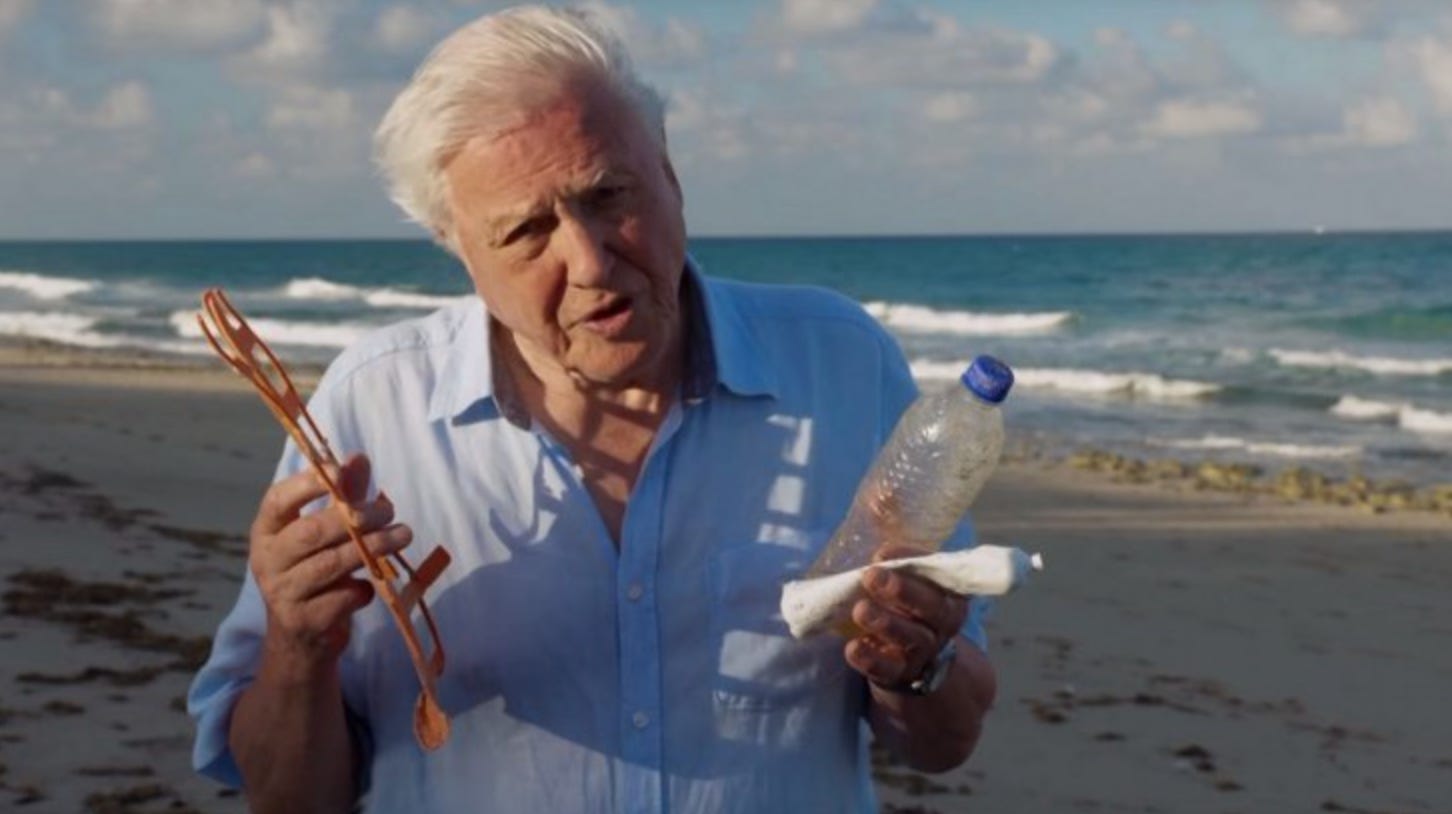
Sir David Attenborough, God among men and hero to us all (may he live forever) has backed a new technology from Mura Industries that can recycle 100% of plastic. This could be game-changing, making plastic recycling cheap and effective, de-incentivizing large companies to produce new plastic, and giving a greater reason for us to re-use the plastic that’s floating around, refusing to break down.
What’s different about Mura Industries’s model is that they use superheated steam to break degraded plastic down into oil that can be used as fuel, or made into new plastic.
It’s hard to state how revolutionary this tech is, so I’ll let you take a look at their promotional video for yourself.
The full story can be found here.
That’s all for this week folks! As always, you can reply directly to this email to interact with me. If you enjoyed what you read, please hit ‘share’ and tell a few friends!
Thank you for reading,
Aaron.






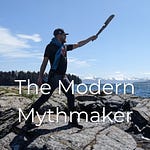
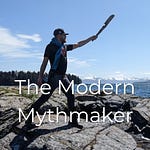
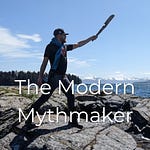

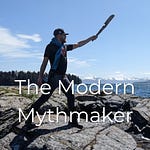

Share this post